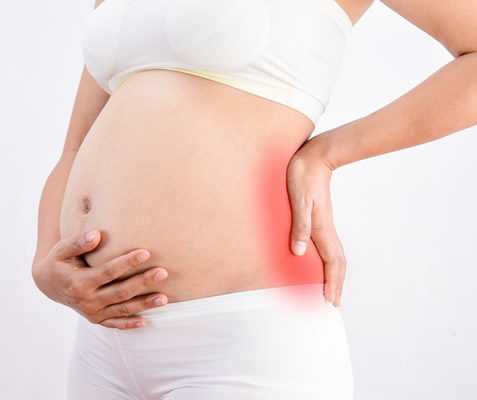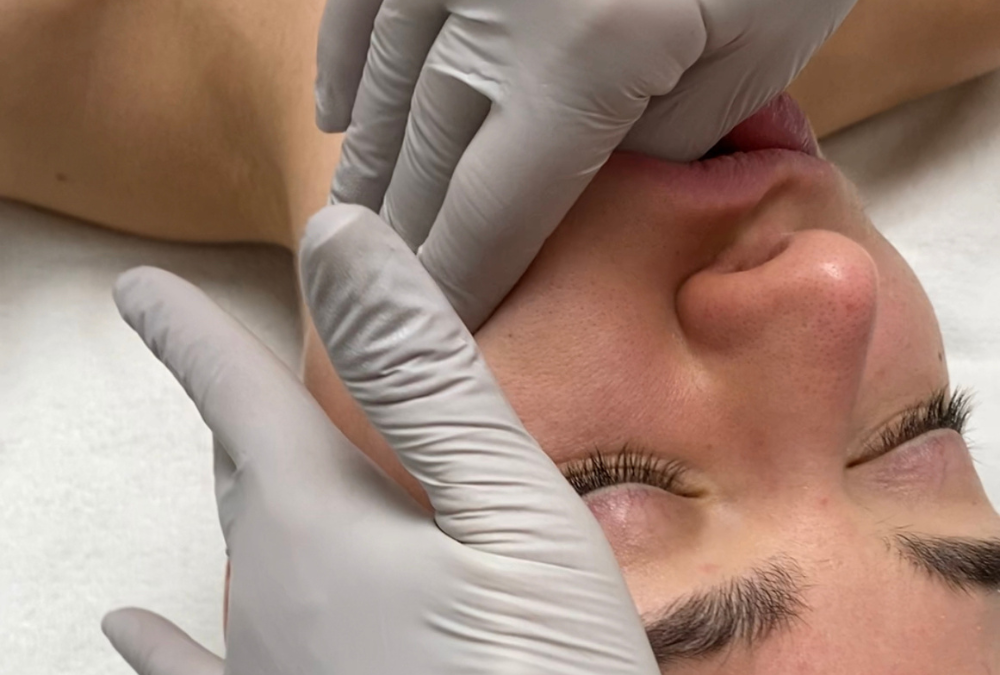Postpartum depression is a common condition that affects many new mothers. It can be a challenging time filled with a mix of intense emotions from joy and excitement to fatigue, sadness, and anxiety. However, there are several strategies that can help manage these feelings and promote overall well-being. This article focuses on the top 10 strategies, with a particular emphasis on the benefits of postpartum and lymphatic massage:
1. Postpartum Massage
Postpartum massage is a powerful tool to help new mothers navigate the physical and emotional challenges after childbirth. A study titled “The Effect of Slow-Stroke Back Massage on the Anxiety Levels of Iranian Women on the First Postpartum Day” found that slow-stroke back massages significantly reduced anxiety levels in new mothers. This non-invasive, inexpensive method can help mothers relax, reduce postpartum depression symptoms, and improve mother-infant attachment.
2. Lymphatic Massage
Lymphatic massage is another beneficial technique for postpartum recovery. It helps stimulate the flow of lymphatic fluid in the body, reducing swelling and improving immune function. This can be particularly helpful in the postpartum period, where hormonal changes can cause fluid retention and swelling.
3. Regular Exercise
Regular exercise can boost your mood and serve as a natural antidepressant. It doesn’t have to be strenuous – even a daily walk with your baby can make a significant difference.
4. Healthy Diet
Maintaining a healthy diet can help your body recover from childbirth and cope with the demands of new motherhood. Try to include plenty of fruits, vegetables, lean proteins, and whole grains in your diet.
5. Adequate Sleep
While it might be challenging with a newborn, try to get as much sleep as possible. Nap when your baby naps and accept help from your partner or loved ones to take care of the baby while you rest.
6. Stay Social
Stay connected with friends and family. Isolation can exacerbate feelings of depression, so try to maintain your social connections, even if it’s through phone calls or video chats.
7. Seek Professional Help
If your feelings of sadness or anxiety become overwhelming, don’t hesitate to seek professional help. Therapists and counselors can provide valuable tools and strategies to cope with postpartum depression.
8. Join a Support Group
Connecting with other new mothers who are going through similar experiences can provide comfort and reduce feelings of isolation. Look for local or online postpartum support groups.
9. Practice Mindfulness and Relaxation Techniques
Mindfulness, meditation, and relaxation techniques can help reduce anxiety and promote a sense of calm. Even a few minutes a day can make a difference.
10. Prioritize Self-Care
Remember to take care of yourself. It’s easy to get caught up in taking care of your new baby, but your well-being is crucial too. Take time each day to do something for yourself, whether it’s reading a book, taking a bath, or just enjoying a few moments of quiet.
Sources
-
Field, T., Diego, M., Hernandez-Reif, M., Deeds, O., & Figueiredo, B. (2009). Pregnancy massage reduces prematurity, low birthweight and postpartum depression. Infant Behavior and Development, 32(4), 454-460. Link
-
Field, T., Diego, M., Delgado, J., & Medina, L. (2013). Yoga and social support reduce prenatal depression, anxiety and cortisol. Journal of Bodywork and Movement Therapies, 17(4), 397-403. Link
-
Field, T., Diego, M., Hernandez-Reif, M., Medina, L., Delgado, J., & Hernandez, A. (2012). Yoga and massage therapy reduce prenatal depression and prematurity. Journal of Bodywork and Movement Therapies, 16(2), 204-209. Link
-
Field, T., Diego, M., Hernandez-Reif, M., Schanberg, S., & Kuhn, C. (2004). Massage therapy effects on depressed pregnant women. Journal of Psychosomatic Obstetrics & Gynecology, 25(2), 115-122. Link
-
Field, T., Diego, M., Hernandez-Reif, M., Deeds, O., Holder, V., Schanberg, S., & Kuhn, C. (2009). Depressed pregnant black women have a greater incidence of prematurity and low birthweight outcomes. Infant Behavior and Development, 32(1), 10-16. Link
-
Field, T., Diego, M., Hernandez-Reif, M., Figueiredo, B., Deeds, O., Ascencio, A., Schanberg, S., & Kuhn, C. (2008). Comorbid depression and anxiety effects on pregnancy and neonatal outcome. Infant Behavior and Development, 31(1), 23-29. Link
-
Field, T., Diego, M., Hernandez-Reif, M., Figueiredo, B., Schanberg, S., & Kuhn, C. (2007). Sleep disturbances in depressed pregnant women and their newborns. Infant Behavior and Development, 30(1), 127-133. Link
-
Field, T., Diego, M., Hernandez-Reif, M., Figueiredo, B., Schanberg, S., & Kuhn, C. (2008). Chronic prenatal depression and neonatal outcome. International Journal of Neuroscience, 118(1), 95-103. Link
-
Field, T., Diego, M., Hernandez-Reif, M., Figueiredo, B., Schanberg, S., & Kuhn, C. (2007). Prenatal dopamine and neonatal behavior and biochemistry. Infant Behavior and Development, 30(3), 447-453. Link
This writing is the original and exclusive property of Carolina Pintos and is protected under copyright law. Unauthorized use of the same without the express consent of Carolina Pintos will be subject to prosecution under applicable laws.






